Lainey Wilson × Ford Truck Month 2026
Lainey Wilson is back for another Ford Truck Month celebration! And she's bringing a brand new song to this partnership, along with a git-up-and-go...
4 min read
George Howard September 29, 2017
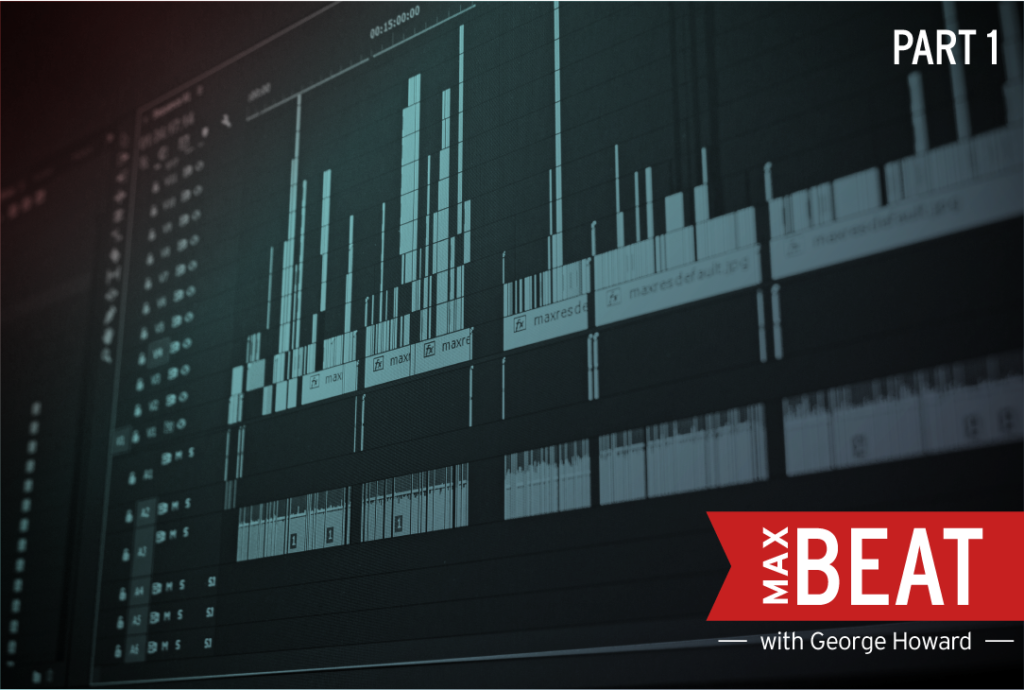
George Howard, Co-Founder and Head of Music at MAX, is an associate professor of music business and management at Berklee College of Music, a top music business school in the US, and Brown University. The former President of Rykodisc and one of the original founders of TuneCore, Howard holds an MBA and a JD.
Here, Howard continues on his introduction to music publishing with an overview of mechanical licensing.
Music publishing is both the most important part of the music business and the least understood. This contradiction contributes to the ongoing and systemic degradation of songwriters’ works, and, more generally, the ongoing and systemic degradation of music.
For songwriters and artists to fully understand the value of their work, they must understand the rights granted to them and how to exercise those rights via a mechanical license. This post will explain:
Music publishing is concerned with the rights of the songwriters and/or publishers. Upon fixing an original work in a tangible medium, those songwriters/publishers are automatically granted a set of exclusive rights:
By exclusive, it means that only the songwriter/publisher owns these rights, and only they can allow others to use their song(s) in a manner consistent with the above rights. These rights can be granted from the writer/publisher to others via a license.
If someone other than the songwriter/publisher uses a song without securing the necessary license(s) from the songwriter/publisher, the person doing this reproduction is likely infringing on the writer’s/publisher’s exclusive rights.
Assuming the songwriter/publisher has registered their work with the Copyright Office, they can potentially prevent this and potentially be compensated for any harm they suffered as a result of infringement.
The same is true of all the other rights. If someone publicly performs a writer’s/publisher’s work without the necessary licenses, they may be infringing on the writer’s/publisher’s exclusive right of public performance. And so forth with all of the enumerated rights.
One of the foundational and defining moments of the modern music industry occurred in the early 20th century.
Essentially, technological advancements created a wholly new way for music to be reproduced by machines, like music boxes and piano rolls. Rather than needing to put a piece of sheet music in front of a human who would then perform that music, machines began mechanically reproducing songs.
While this was a fantastic development for those who enjoyed music, it sent a wave of terror through the publishers of sheet music who believed that their entire industry was being disrupted. Sound familiar?
What emerged in order to ensure that those who controlled the copyright to the compositions -- typically, the publishers or songwriters -- was the ”mechanical license.” In short, this license allowed parties such as piano roll and music box manufacturers to reproduce and distribute compositions without infringing on the rights of the publisher.
As outdated as it might seem, this “mechanical” license has endured through the course of the entire modern music industry.
To reproduce and distribute vinyl, cassettes, CDs, and downloads without infringing on the rights of the songwriter, record labels must secure a mechanical license from the songwriters or publishers of the songs being released.
For example, in 1992, Arista Records released The Bodyguard Soundtrack, which included a staggeringly great performance from Whitney Houston of the song “I Will Always Love You" (a song that was written by Dolly Parton).
In order not to infringe upon the exclusive rights of reproduction and distribution of the song’s writer and/or publisher, Arista Records was entered into a mechanical license agreement with the writer/publisher.
What this means, and why this is so very important to everyone in the music industry who writes songs or works with songwriters, is that every time Whitney Houston’s version of “I Will Always Love You” was sold (and therefore reproduced or distributed...how do you sell without doing these things?), Dolly Parton and her publisher were due a payment in accordance with this mechanical license agreement….even though Dolly Parton did not perform the song on the Arista record!
What everyone in the music industry needs to understand is that -- whether or not the artist who performs the song on a recording actually wrote the song -- the party doing the reproducing and distributing (Arista Records, in this example) must enter into a license with the writer/publisher of the song, or potentially be infringing upon the writer/publisher’s exclusive rights to reproduce and distribute.
Again, for the sake of clarity, the song “I Will Always Love You” was first recorded by Dolly Parton and released by RCA Records in 1973. Even though Dolly Parton was signed to RCA records at this time, RCA still had to enter into a mechanical license with Dolly Parton (and/or her publisher) in order to “mechanically” reproduce and distribute this song on their release.
Essentially, RCA had to enter into this agreement with Dolly Parton when Dolly Parton performed the song in exactly the same way that Arista Records had to enter into an agreement with Dolly Parton when Whitney Houston covered the song on the The Bodyguard Soundtrack nearly twenty years later.
In both cases, regardless of who performed the song, the songwriter (Dolly Parton) had to issue a mechanical license to the label who was releasing the version of the song.
What a wonderful scenario for Dolly Parton to have someone like Whitney Houston come along and do a version of a song that had been released twenty years prior... and make it a massive hit.
Beyond the attention Whitney Houston’s version brought to this great song, it also reaped Dolly Parton and her publisher something like a fortune in the payments from the mechanical license royalties.
As mentioned in my overview to music publishing, much like a chair is the asset of a craftsman, a song is the asset of a songwriter. In the same way that craftsman will and should prevent someone from taking their chair without proper authorization and compensation, songwriters should be similarly protective of their works. Songs are assets, and if these songs are original works of authorship and tangible - only the songwriters can reproduce and distribute them. Should some other party attempt to do so without a license, that party may be infringing on the writer’s rights.
Part two of this topic educates on covers, compulsory mechanical licenses, and how streaming relates to mechanical licenses.

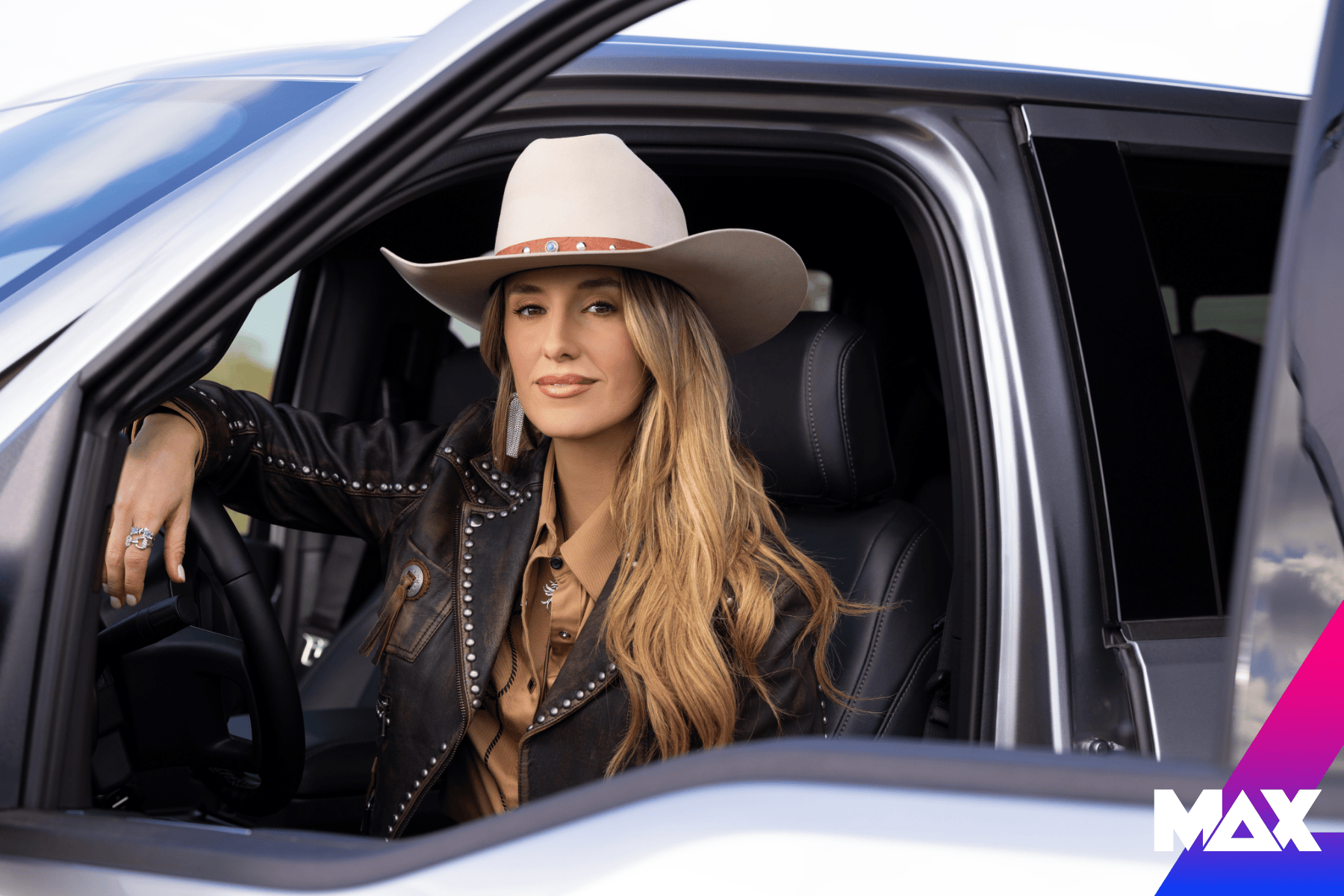
Lainey Wilson is back for another Ford Truck Month celebration! And she's bringing a brand new song to this partnership, along with a git-up-and-go...
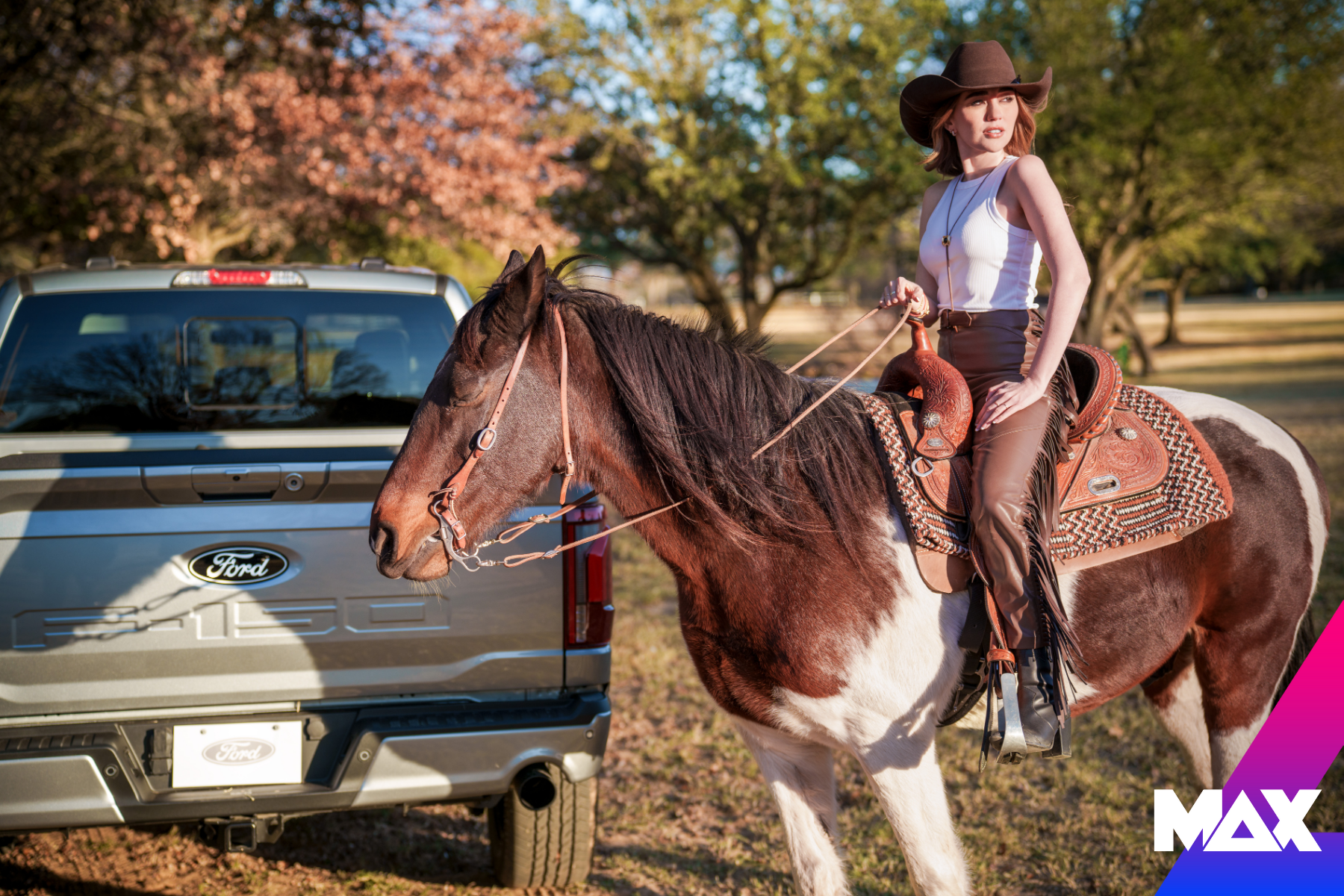
Our latest Ford Truck Month campaign is here! Latin music star Carolina Ross joins the Música Ford family to drive affinity and consideration for the...
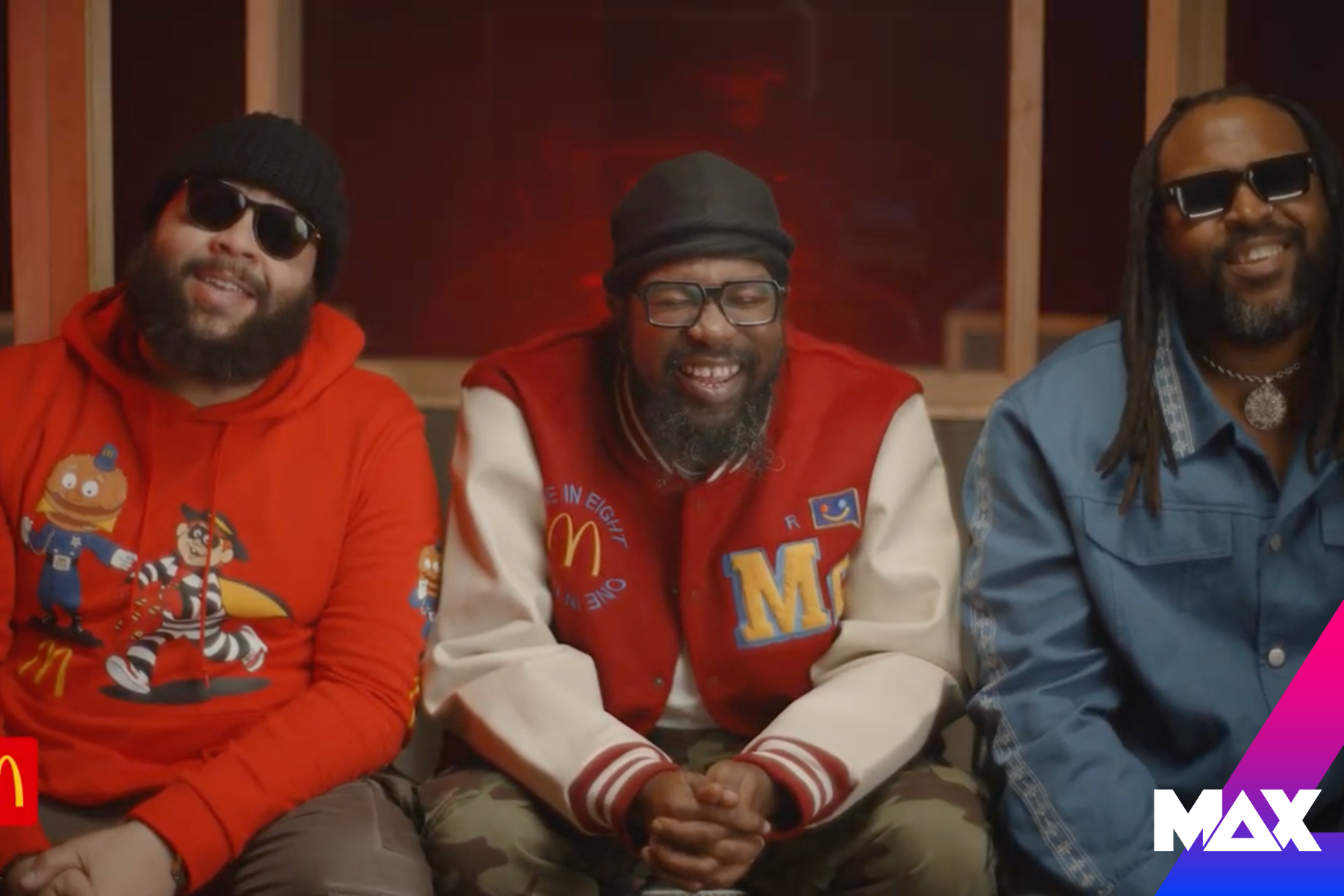
Hard to say... super easy to eat. The Ton3s got to try the McDonald's Crispy Chicken Biscuit with Hot Honey—and they're lovin' it!
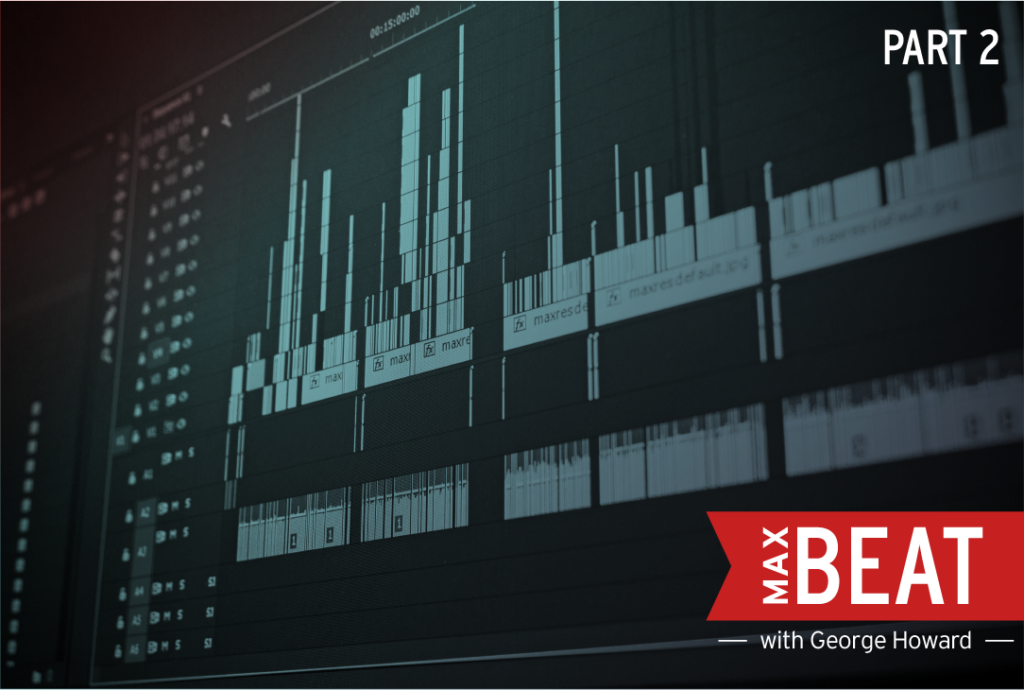
George Howard, Co-Founder and Head of Music at MAX, is an associate professor of music business and management at Berklee College of Music, a top...
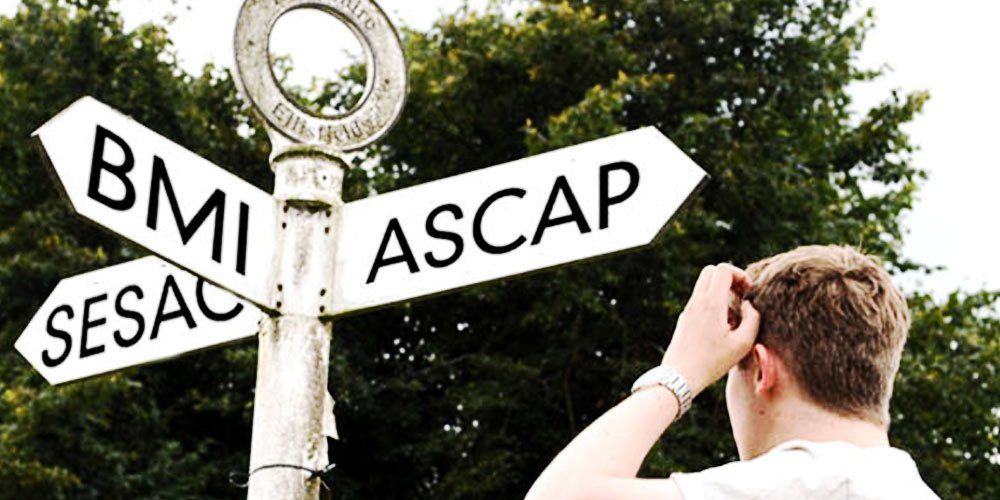
I’m digging the article from the INgrooves newsletter that was re-blogged by the always great Hypebot (and linked to below). There are some good...

George Howard, Co-Founder and Head of Music at MAX, is an associate professor of music business and management at Berklee College of Music, a top...